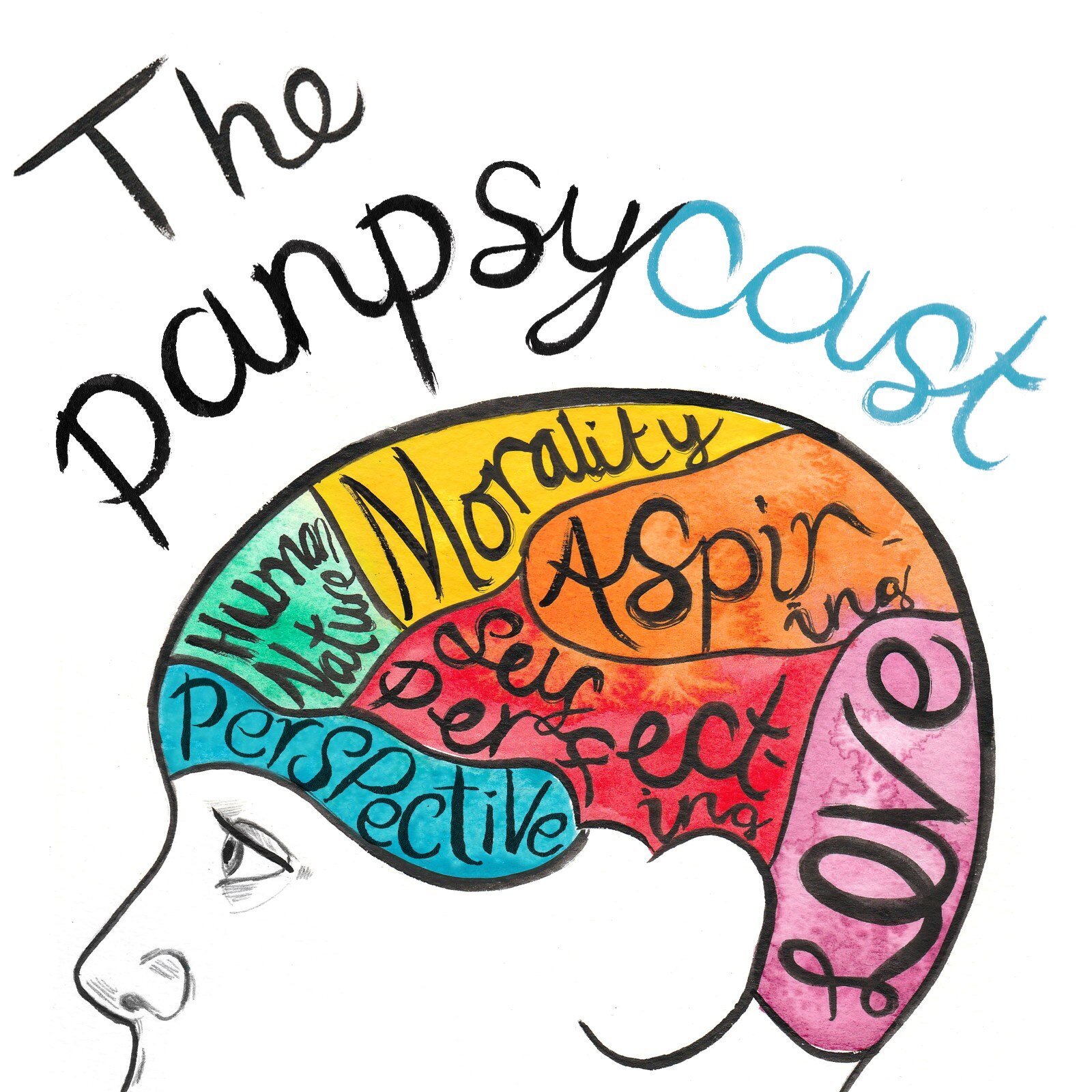Welcome to Episode 152 (Part II of II), where Goff, Godman, and Albahari discuss the methods and impact of Christian and Hindu philosophy.
The supreme being of classical theism is unlimited in power, knowledge, and goodness – a being distinct from the world, who creates it out of nothing and governs it from beyond. On this picture, we are not identical with God. God’s consciousness is not our consciousness – and our identity is not theirs.
That picture has long been challenged by schools of Hindu philosophy and, more recently, by Western philosophies of religion that reject traditional conceptions of God. In response to the problem of evil, some philosophers now argue that if there is a creator, then that creator must be limited in power. Advaita’s challenge is more radical. It doesn’t just revise the traditional conception of God – it dissolves it. Where classical theism draws a sharp distinction between God and the world, Advaita says that reality is non-dual. The divine is not something separate from us or from the universe, but the underlying reality that appears as both.
To explore these competing visions of the supreme being, reality, and our place within it, I’m joined by three guests. Returning to The Panpsycast for the fifth time is Philip Goff, Professor of Philosophy at Durham University. As listeners will remember, Philip is the author of several brilliant books – including Galileo’s Error and, more recently, Why? The Purpose of the Universe. David Godman is a leading author, best known for his work on the Hindu sage, Sri Ramana Maharshi. And last but not least, Miri Albahari is Senior Lecturer at The University of Western Australia – where her work explores the metaphysics and epistemology of Buddhism and Advaita Vedanta.
What is gained – and what is lost – when God is no longer unlimited, or is no longer separate from the world? Can these alternatives still ground mind, meaning, and morality? And by what means could we come to know such a reality – and decide between these rival conceptions of God?
The file size is large, please be patient whilst the podcast buffers/downloads/dances aroundThis episode is generously supported by The John Templeton Foundation, through The Panpsychism and Pan(en)theism Project (62683).

